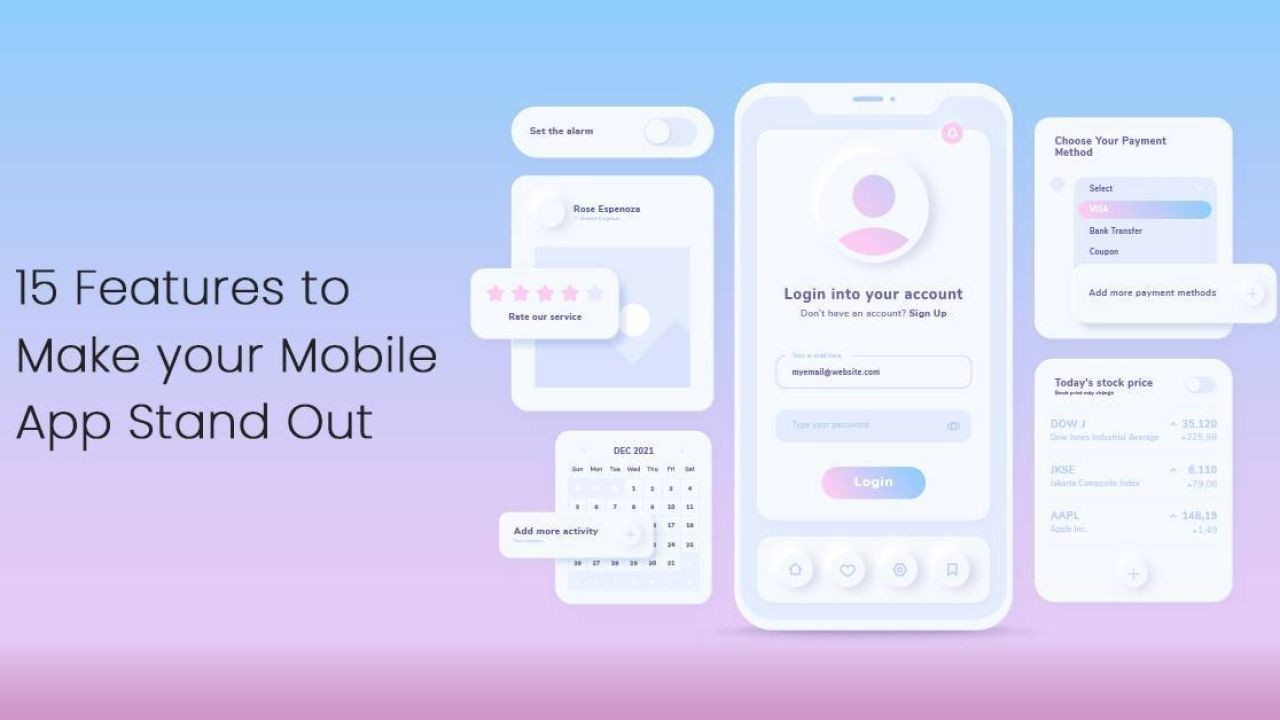Embarking on a new journey as an expat in New Zealand can be thrilling yet challenging, especially when it comes to navigating the healthcare system. With its unique structure and policies, understanding the ins and outs of healthcare can be daunting for newcomers. This article aims to unravel the complexities of New Zealand's healthcare landscape, providing expats with practical guidance and insights to ensure a seamless transition into their new environment.
Introduction
Imagine moving to a new country with stunning landscapes, vibrant culture, and a friendly community, only to be overwhelmed by the healthcare system. For many expats in New Zealand, this is a reality. With a healthcare structure that differs significantly from other countries, understanding how to access and utilize medical services is crucial for a smooth transition. Did you know that nearly 25% of New Zealand's population is foreign-born, making it essential to cater to diverse healthcare needs? This article will delve into the intricacies of New Zealand's healthcare system, offering expats valuable insights and actionable strategies to navigate it effectively.
Understanding New Zealand's Healthcare System
New Zealand's healthcare system is a mix of public and private services, funded primarily through general taxation. The public system provides essential services that are either free or heavily subsidized. However, there are nuances worth noting:
- Public Healthcare: Known for its comprehensive coverage, public healthcare in New Zealand covers hospital care, general practitioner (GP) visits, and emergency services. However, wait times for non-urgent treatments can be lengthy.
- Private Healthcare: Offers faster access to elective surgeries and specialist consultations, albeit at a cost. Many expats opt for private insurance to supplement public services.
According to Stats NZ, healthcare accounts for over 9% of the country's GDP, reflecting its significance in the national economy. Understanding this system's functionality is crucial for expats to make informed decisions about their healthcare needs.
Case Study: The Expat Experience
Problem: Sarah, an IT professional from the UK, moved to Wellington with her family. Upon arrival, she struggled to find a local GP who could accommodate her family's healthcare needs.
Action: Sarah explored the Healthpoint website, an online resource that provides information on healthcare services, including GPs, specialists, and hospitals. She also joined local expat forums to gather recommendations from fellow foreigners.
Result: Within a month, Sarah secured a GP who catered to her family's needs and enrolled in a private health insurance plan to expedite specialist consultations.
Takeaway: Utilizing online resources and community networks can significantly ease the process of finding suitable healthcare providers in New Zealand.
Key Challenges for Expats
While New Zealand's healthcare system is robust, expats often face challenges unique to their situation. Understanding these hurdles and how to overcome them is key to ensuring a smooth healthcare experience.
Challenge 1: Access to Information
Many expats find it difficult to access reliable information about healthcare services. This can lead to delays in receiving necessary care, especially for those with pre-existing conditions.
Solution: The New Zealand Ministry of Health website offers comprehensive information on healthcare services, including eligibility criteria and waiting times for various treatments. Additionally, Health Navigator NZ provides detailed guides on navigating the healthcare system.
Challenge 2: Understanding Healthcare Costs
Healthcare costs in New Zealand can be unpredictable, especially for those unfamiliar with the public and private systems' intricacies.
Solution: Expats should consider obtaining private health insurance to cover costs not included in the public system. Consulting financial advisors familiar with the New Zealand healthcare landscape can also provide clarity on potential expenses.
Common Myths and Mistakes
Misconceptions about New Zealand's healthcare system can lead to costly mistakes. Here are some common myths and the reality behind them:
- Myth: All healthcare services in New Zealand are free. Reality: While many services are subsidized, not all are free. Patients may still incur costs for GP visits, prescriptions, and certain specialist services.
- Myth: Private healthcare is unnecessary. Reality: With extensive wait times in the public system, private healthcare can expedite access to treatment, making it a valuable option for many expats.
- Myth: Registering with a GP is optional. Reality: Registering with a GP is crucial for accessing primary care and referrals to specialists.
Understanding these realities can help expats avoid common pitfalls and make informed healthcare decisions.
Pros and Cons of New Zealand's Healthcare System
Like any system, New Zealand's healthcare has its strengths and weaknesses.
Pros:
- Comprehensive Coverage: The public system provides a wide range of services, ensuring essential healthcare is accessible to all.
- High Quality of Care: New Zealand boasts a high standard of medical care, with well-trained professionals and modern facilities.
- Focus on Preventive Care: Emphasis on preventive measures helps maintain overall public health.
Cons:
- Wait Times: Non-urgent procedures can have long wait times, prompting many to seek private healthcare options.
- Geographical Disparities: Access to healthcare can vary significantly between urban and rural areas.
- Cost of Private Insurance: While beneficial, private insurance can be expensive, adding to an expat's financial burden.
Future Trends in New Zealand's Healthcare
Looking ahead, several trends are set to shape the future of healthcare in New Zealand:
- Digital Health Innovations: The adoption of telemedicine and digital health solutions is expected to increase, offering greater accessibility and convenience.
- Focus on mental health: With growing awareness, mental health services are likely to receive more attention and funding.
- Aging Population: As the population ages, there will be a greater need for aged care services, prompting further investment in this sector.
According to a report by the New Zealand Ministry of Health, these trends will require strategic planning and investment to ensure the healthcare system remains sustainable and efficient.
Conclusion
Navigating New Zealand's healthcare system as an expat can be challenging, but understanding its structure and options is key to a successful transition. By leveraging available resources, understanding costs, and debunking common myths, expats can confidently manage their healthcare needs. As the healthcare landscape evolves, staying informed about emerging trends and adapting accordingly will ensure expats receive the best possible care. What are your thoughts on navigating healthcare as an expat? Share your insights below!
People Also Ask (FAQ)
- How does New Zealand's healthcare system work for expats? Expats can access public healthcare services if they have a work visa or formal residency. Private health insurance is recommended for faster access to treatments.
- What are the biggest misconceptions about New Zealand's healthcare? A common myth is that all services are free. However, expats may incur costs for GP visits, prescriptions, and certain specialist services.
- What are the best strategies for expats to access healthcare in New Zealand? Register with a local GP, explore private insurance options, and utilize online resources like Health Navigator NZ for comprehensive information.
- What upcoming changes in New Zealand could affect healthcare? Digital health innovations and a focus on mental health are expected to shape the future, offering greater accessibility and improved services.
- Who benefits the most from New Zealand's healthcare system? Residents and expats with work visas benefit from the public system, while those with private insurance enjoy faster access to treatments.
Related Search Queries
- New Zealand healthcare for expats
- Private health insurance in NZ
- How to register with a GP in New Zealand
- New Zealand public vs private healthcare
- Healthcare costs in New Zealand
- New Zealand healthcare system overview
- Best health insurance for expats in NZ
- Accessing mental health services in New Zealand
- telemedicine in New Zealand
- Healthcare trends in New Zealand









































Primarygaragedoor
1 day ago